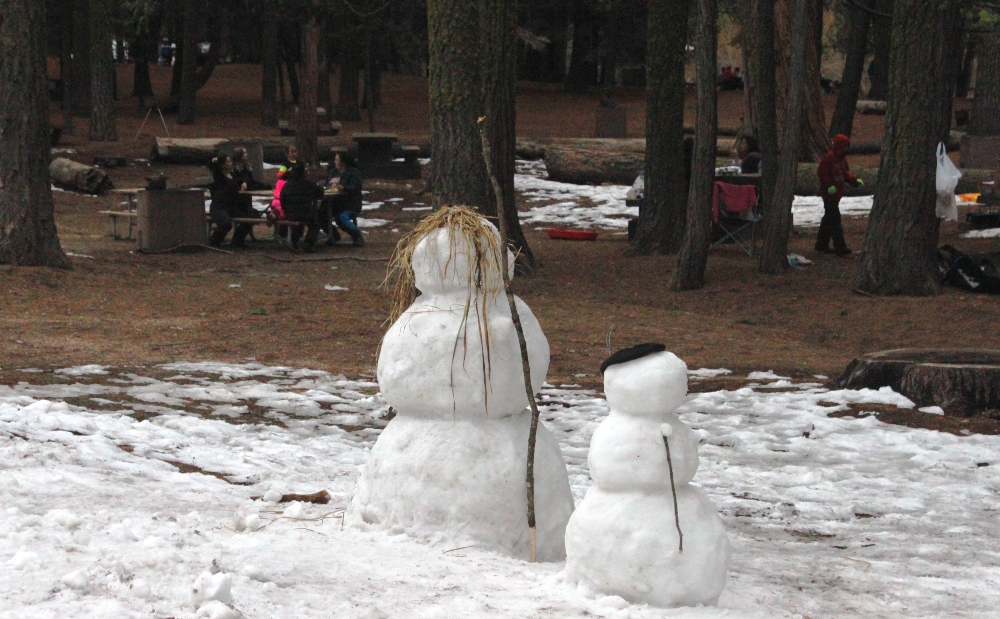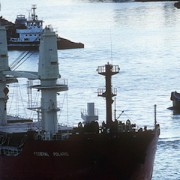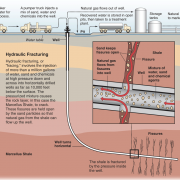Q&A: Paul Saffo on the Future of Media and a New Era of Environmentalism
Welcome to Circle of Blue Radio’s Series 5 in 15, where we’re asking global thought leaders 5 questions in 15 minutes, more or less. These are experts working in journalism, science, communication design, and water. I’m J. Carl Ganter. Today’s program is underwritten by Traverse Internet Law, tech savvy lawyers, representing internet and technology companies.
I’m an optimist about media. I think we’re going to come through this with more voices, more choices, and more reliability. You may not be able to trust specific outlets the way you once did, but it won’t matter because there will be a button where you can chase down authenticity.
Our them is composed by Nadav Kahn, and Circle of Blue Radio is underwritten by Traverse Legal, PLC, internet attorneys specializing in trademark infringement litigation, copyright infringement litigation, patent litigation and patent prosecution. Join us gain for Circle of Blue Radio’s 5 in 15. I’m J. Carl Ganter.
Circle of Blue provides relevant, reliable, and actionable on-the-ground information about the world’s resource crises.












Leave a Reply
Want to join the discussion?Feel free to contribute!